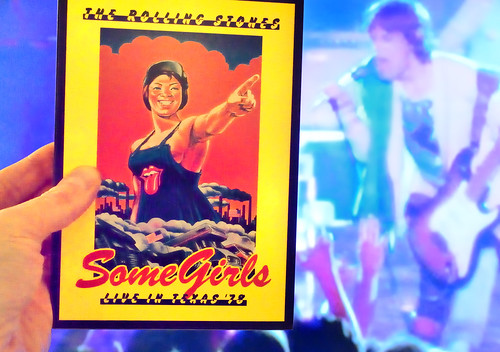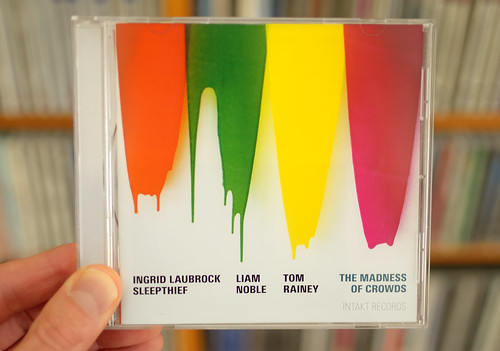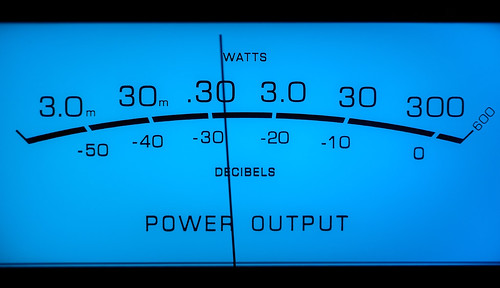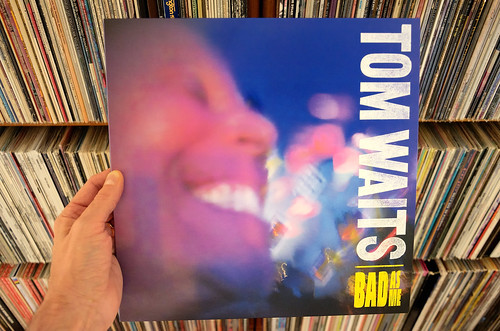
Ronnie Boykins: The Will Come, Is Now (ESP-Disk’ CD)
Ronnie Boykins was one of the first members of Sun Ra’s fledgling Arkestra, joining the band in early 1958 and his innovative yet rock-solid bass playing was a key element in the music’s rapid development up through the mid-1960s (it was also Boykins’s car that carried the band from Chicago to Montreal in 1961 and, thence, to New York City). Boykins had been classmates with John Gilmore and Pat Patrick at Du Sable High School (where he played sousaphone in the band) but he had already established himself as an in-demand bassist prior to joining the Arkestra, having played with such diverse figures as Muddy Waters, Johnny Griffin and Jimmy Witherspoon. In 1966, Boykins left the Arkestra to pursue other opportunities, (notably including work with Rahsaan Roland Kirk) and, as we’ve seen, Sonny had a hard time finding his replacement, opting on many occasions for doing without the bass altogether. Boykins intermittently performed with Arkestra thereafter with his last known appearance being at Hunter College on June 16, 1974 (portions of which were released as Out Beyond The Kingdom Of ). While Prof. Campbell suggests he might been a part of the two-week stand at The “New” Five Spot in June, 1975, he is not present on the bootleg tape which circulates (Campbell & Trent p.220). According to Szwed, growing animosity between Boykins and Ra over money and lack of composer credit for some of the Arkestra’s recordings caused him to quit the band for good sometime during this period (Szwed p.119).
But ESP-Disk’s Bernard Stollman recognized Boykins’s genius early on:
I first met Sun Ra during the October Revolution festival in the Cellar Café (in 1964), and he invited me to hear the Arkestra perform in a loft in Newark, New Jersey. It was there that I singled out Ronnie Boykins, and invited him to record for ESP. He told me he would let me know when he felt he was ready. During the decade that followed, I heard his work in the Arkestra, and late night sessions with Sam Rivers in Studio Rivbea on Bond Street, and in Ornette Coleman’s Prince Street loft. Ronnie called me in 1975, to announce he was ready to record his first album as a leader (liner notes).
As it turned out, Boykins waited too long and The Will Come, Is Now is the only record Boykins ever made under his own name—he died suddenly of heart attack in 1980 at the age of 45. And ESP-Disk’ was in serious decline by 1975, this being one of the last few recordings the label released before finally going under. Accordingly, it was cheaply made, pressed in miniscule quantities and poorly distributed, resulting in one of the rarest ESP discs of all. Fortunately, the resurrection of the label at the turn of the century has brought nearly the entire catalog back in print on CD, including Boykins’s one and only solo album, nicely remastered from the original tapes. Although neither Sonny nor any of the Arkestra appear on it, Boykins’s importance to the Sun Ra saga is undisputed and, therefore, The Will Come, Is Now merits a mention here.
Perhaps my expectations were too high, but I found this album to be something of a disappointment. It certainly looks promising: Boykins composed six ambitious pieces for the album, featuring a septet of himself on bass and sousaphone; Joe Ferguson, Monty Waters and James Cass on saxophones and flutes; Daoud Haroom on trombone; Art Lewis on drums; and George Avaloz on congas. And, to be sure, each of the pieces showcases Boykins’s unique compositional voice and his flair for rich orchestration but the album suffers from a basic lack of rehearsal and slip-shod recording technique. The title track is typical: a loping ostinato in 7/4 with a twisty, complex head arrangement followed by a series of modal solos—but the sound is boxy and indistinct and the off-center groove never quite solidifies, almost dissolving completely during Boykins’s bowed bass solo. “Starlight At The Wonder Inn” appears to be an evocation of the early days in Chicago: a slightly old-fashioned ballad form with sweet ‘n’ sour horns and Boykins carrying the melody on arco bass—but, this time, intonation problems undermine the piece’s nostalgic beauty.
On the other hand, the three-minute “Demon’s Dance” works a bit better, a riffing post-bop number with everyone soloing at once, Dixieland-style. Even more intriguing is “Dawn Is Evening, Afternoon,” which sets yearning, unresolved harmonies and dissonant counter-melodies against a swinging solo section. The humorously titled, “Tipping On Heels,” is an appropriately tipsy, stop-start, big-band type number where, after stating the theme, soloists pair up for duo improvisations. At least here the ensemble sounds like they’re in their element but the abrupt ending appears to be a clumsy splice rather than a planned conclusion. The last track, “The Third I” could have been a real masterpiece: it begins with a ritualized percussion segment with everyone clanking on cowbells, shaking rattles and jangling tambourines before Boykins starts rumbling away on the giant sousaphone. Unfortunately, the blast of low frequencies caused the recordist to panic (Marzette Watts as it happens), resulting in disconcerting volume fluctuations throughout the rest of the track. Oh well. This eventually gives way to a genially meandering jam for flutes and horns which finally coalesces into a 15/8 ostinato laid down by Boykins on the bass. Finally, at around the ten-minute mark, the full band comes in with stabbing horn tattoos and a weirdly harmonized melody—exciting!—but then the track fades out just as they get going. Argh! Obviously, this piece continued for quite a while longer but was cut down to save space for other works on the album. That is really frustrating since "The Third I" might be the most compelling thing on the album. And so it goes…
Ultimately, The Will Come, Is Now is all unrealized potential and it is tempting to fantasize about what the Arkestra could have brought to this material, even with limited rehearsal time and amateurish sound quality (which was, after all, the norm for them). It is also reasonable to speculate on what sort of music Sonny would have made with Boykins continuously at his side. Well, for whatever reason, it was not meant to be and, sadly, Boykins has never achieved the acclaim he deserves. Even though he played with several luminaries of the loft-jazz scene in the 1970s, very little of it was recorded, leaving this as his only solo statement. As such, The Will Come, Is Now is an important document of Boykins’s wide-ranging musical conception and inimitable instrumental prowess. But it is less than completely satisfying on a musical level, if only because it could have been so much better. Then again, my expectations might be too high.






